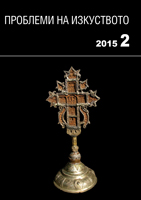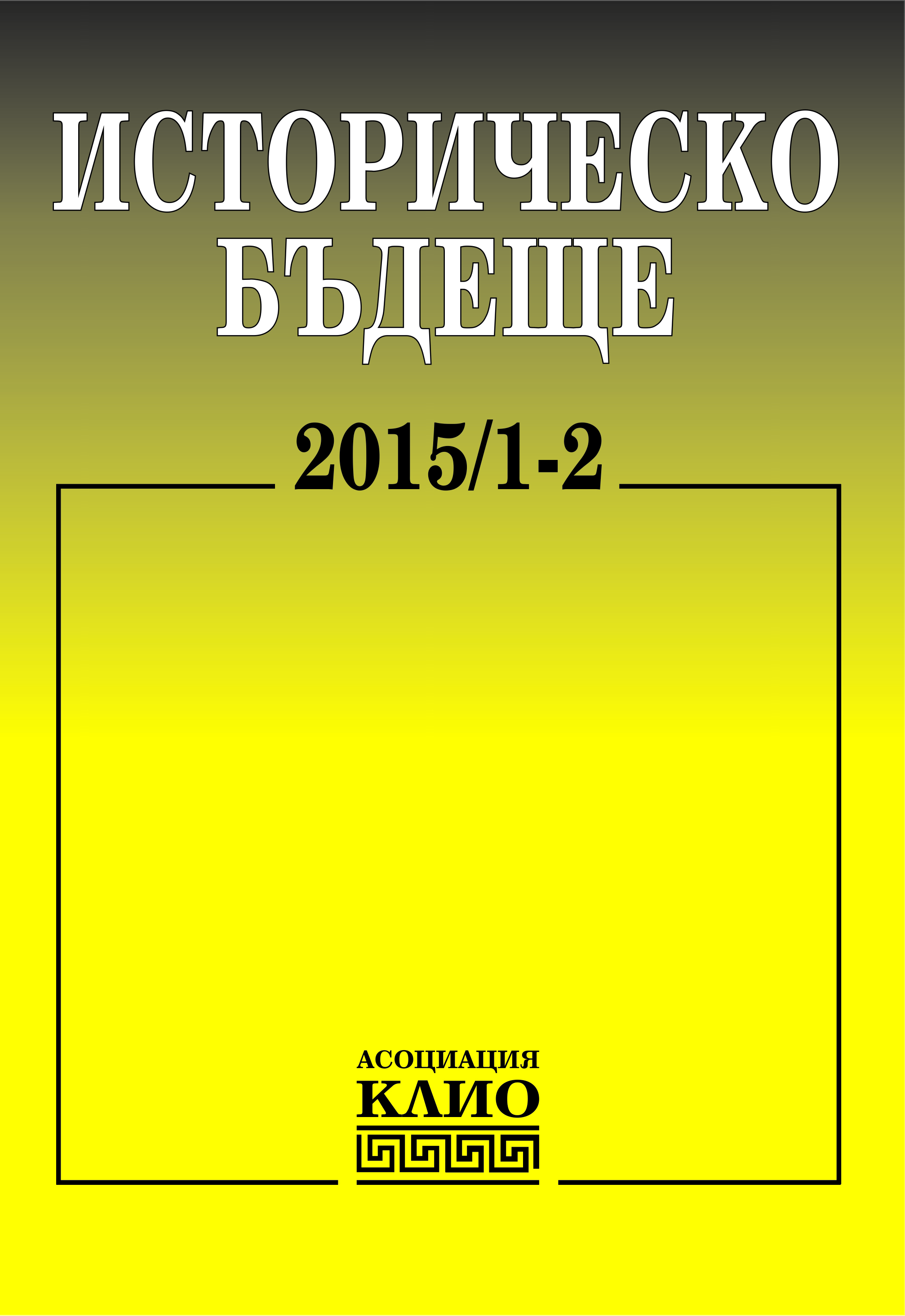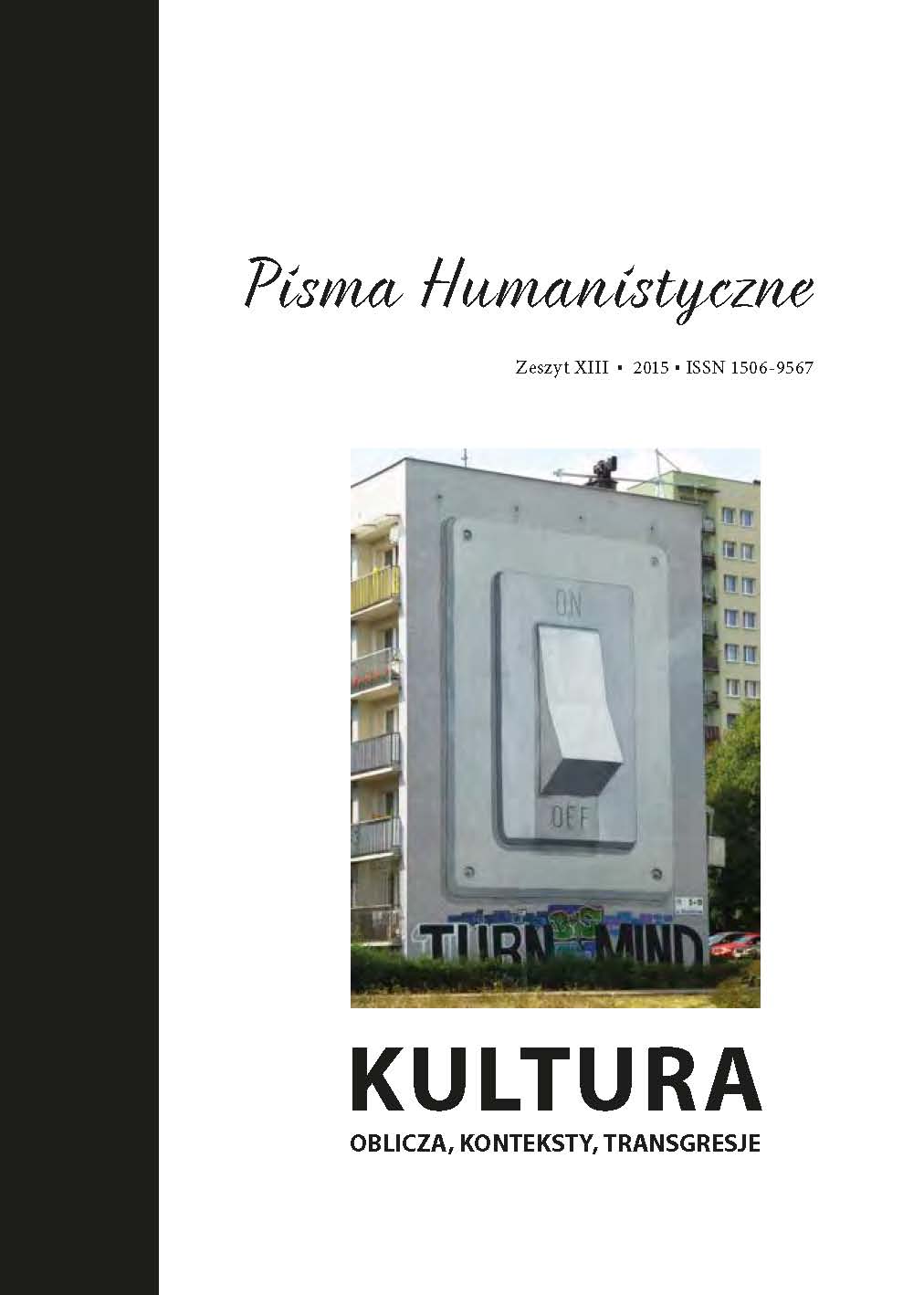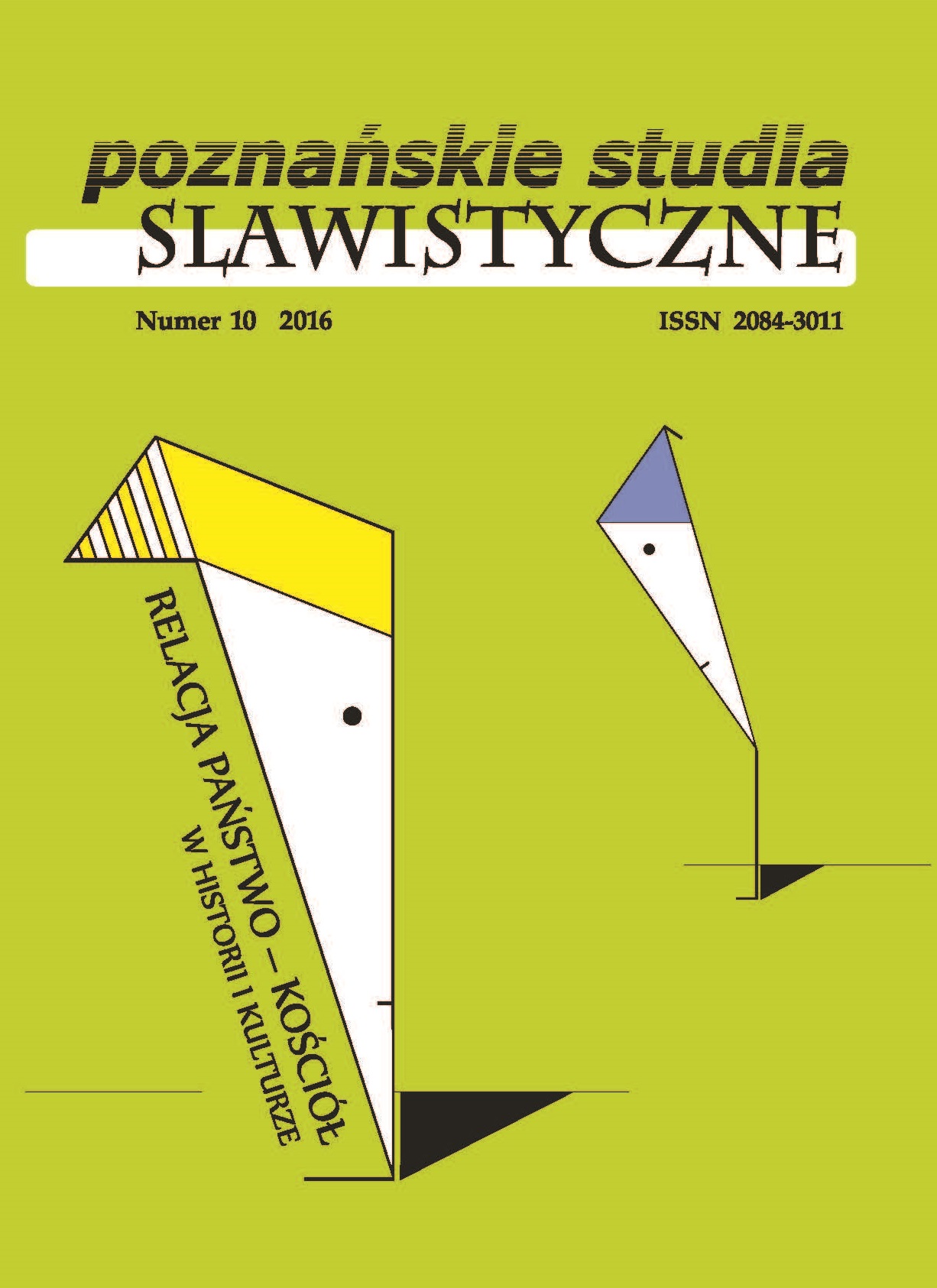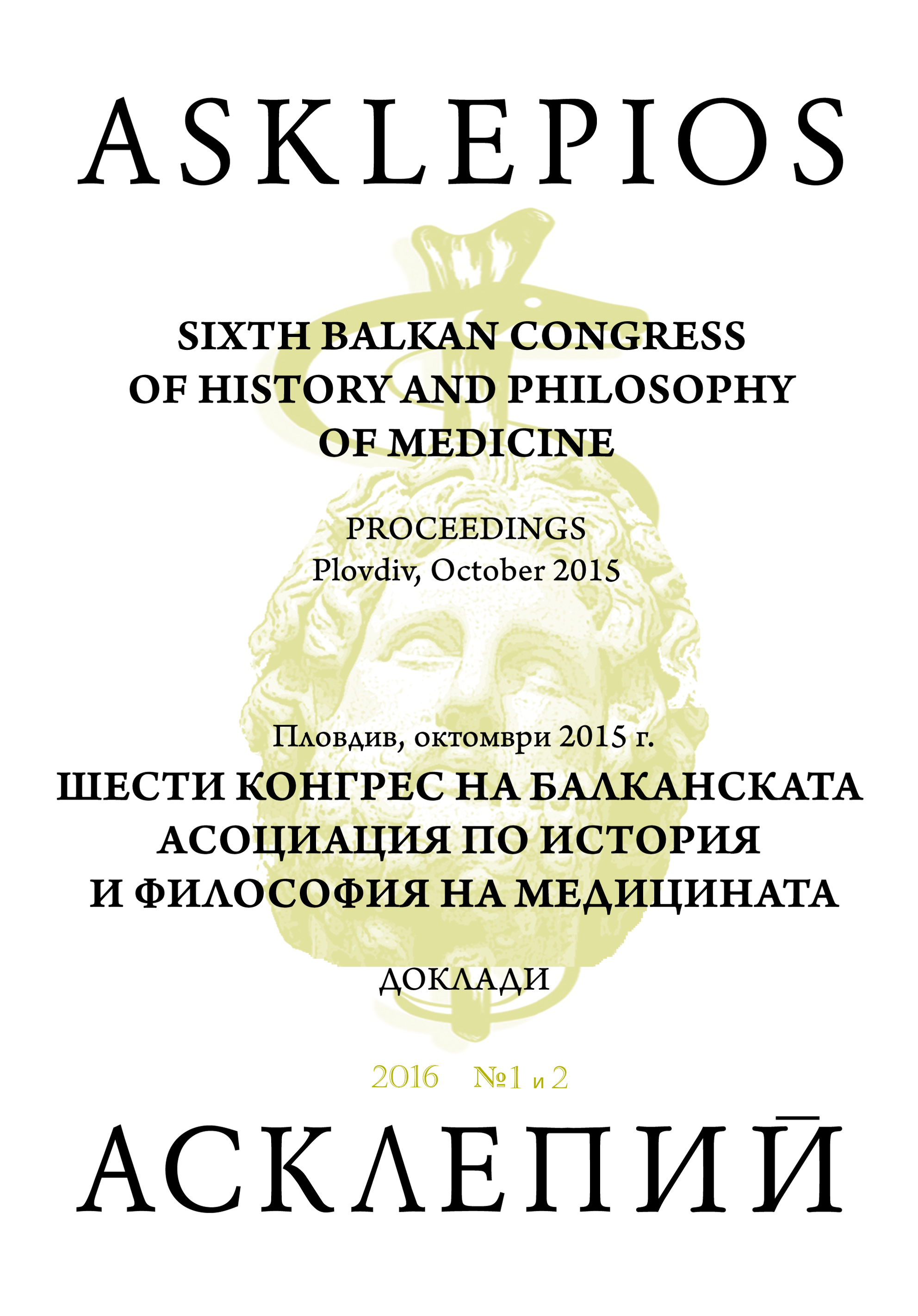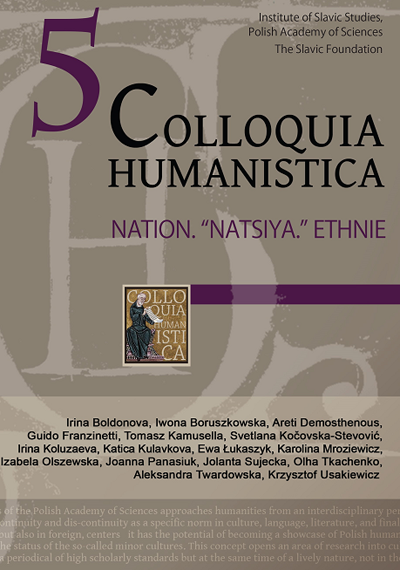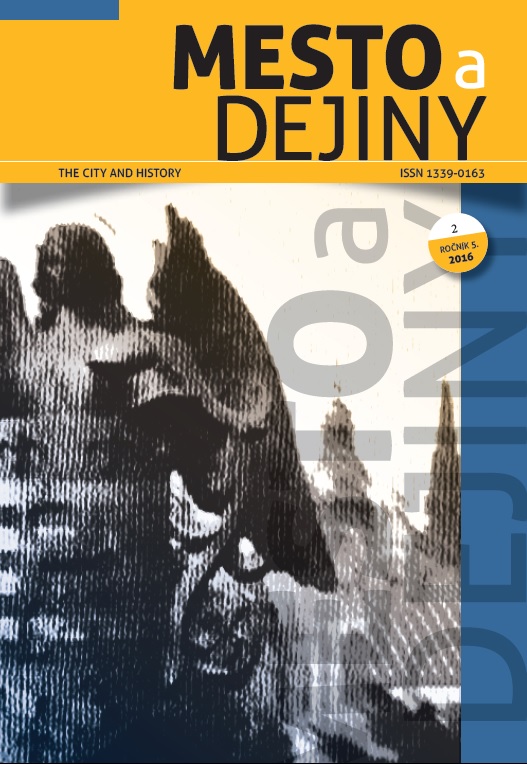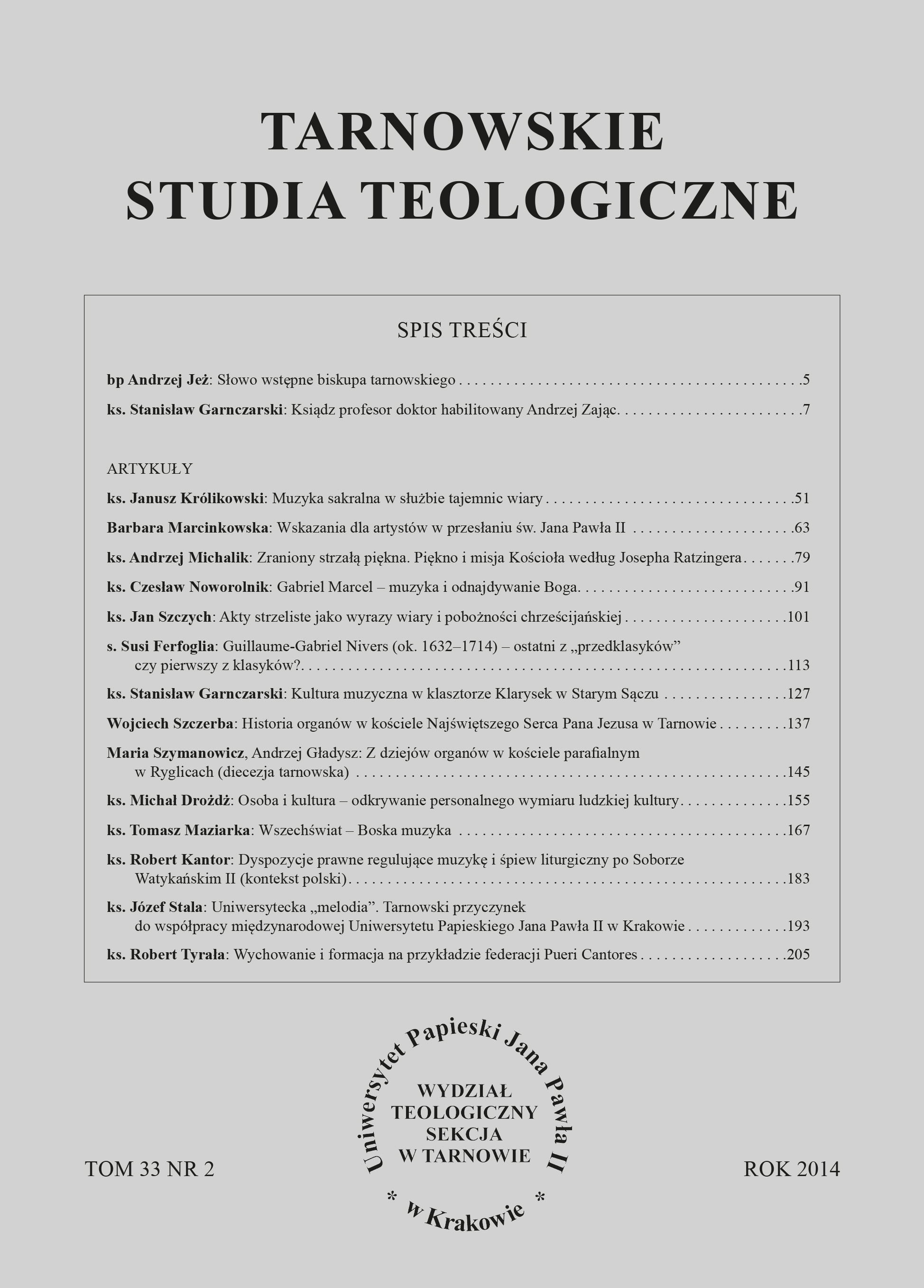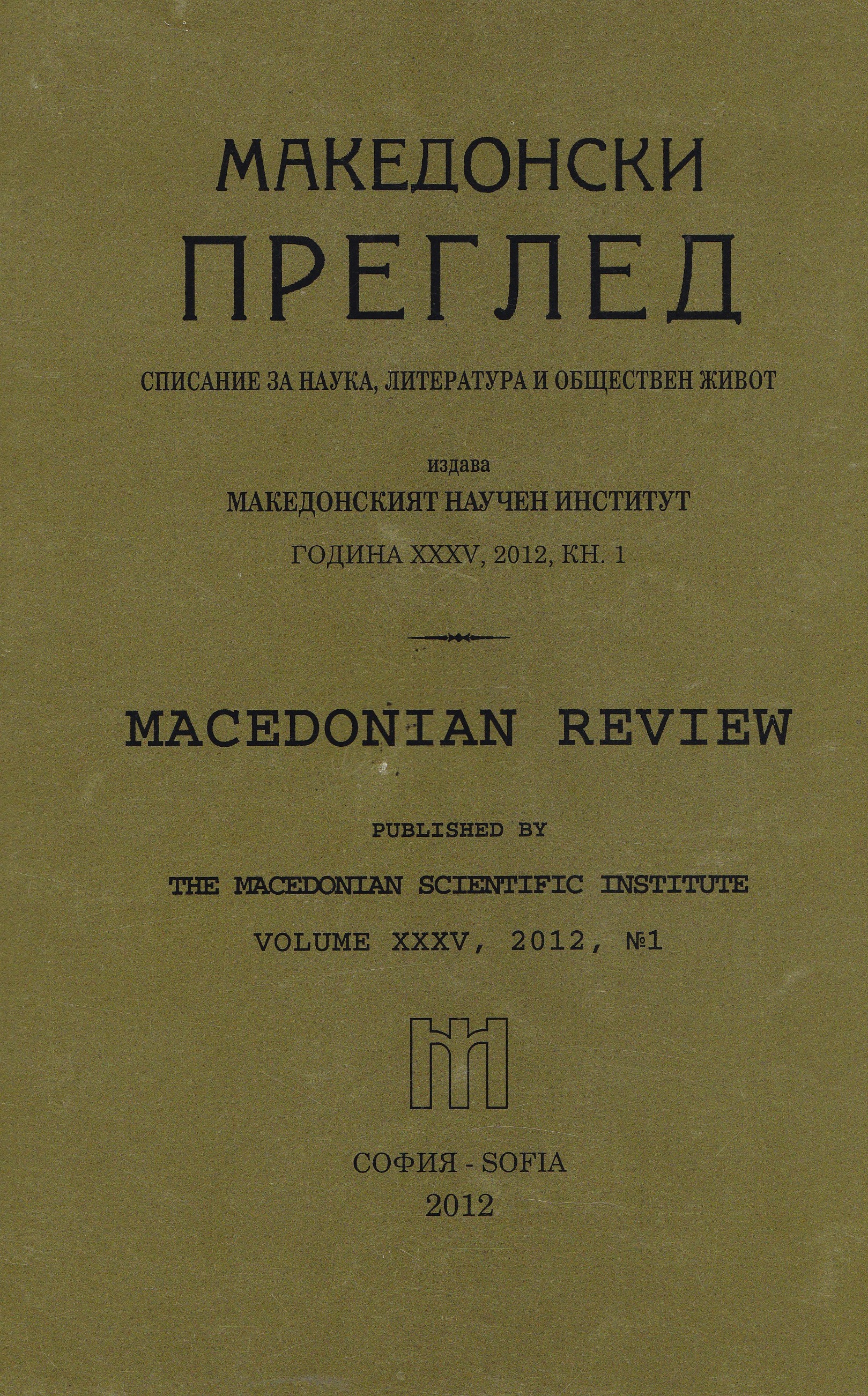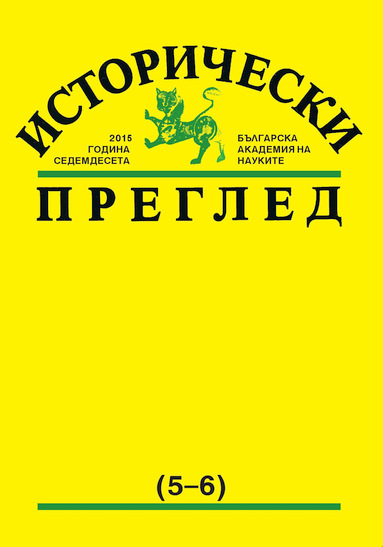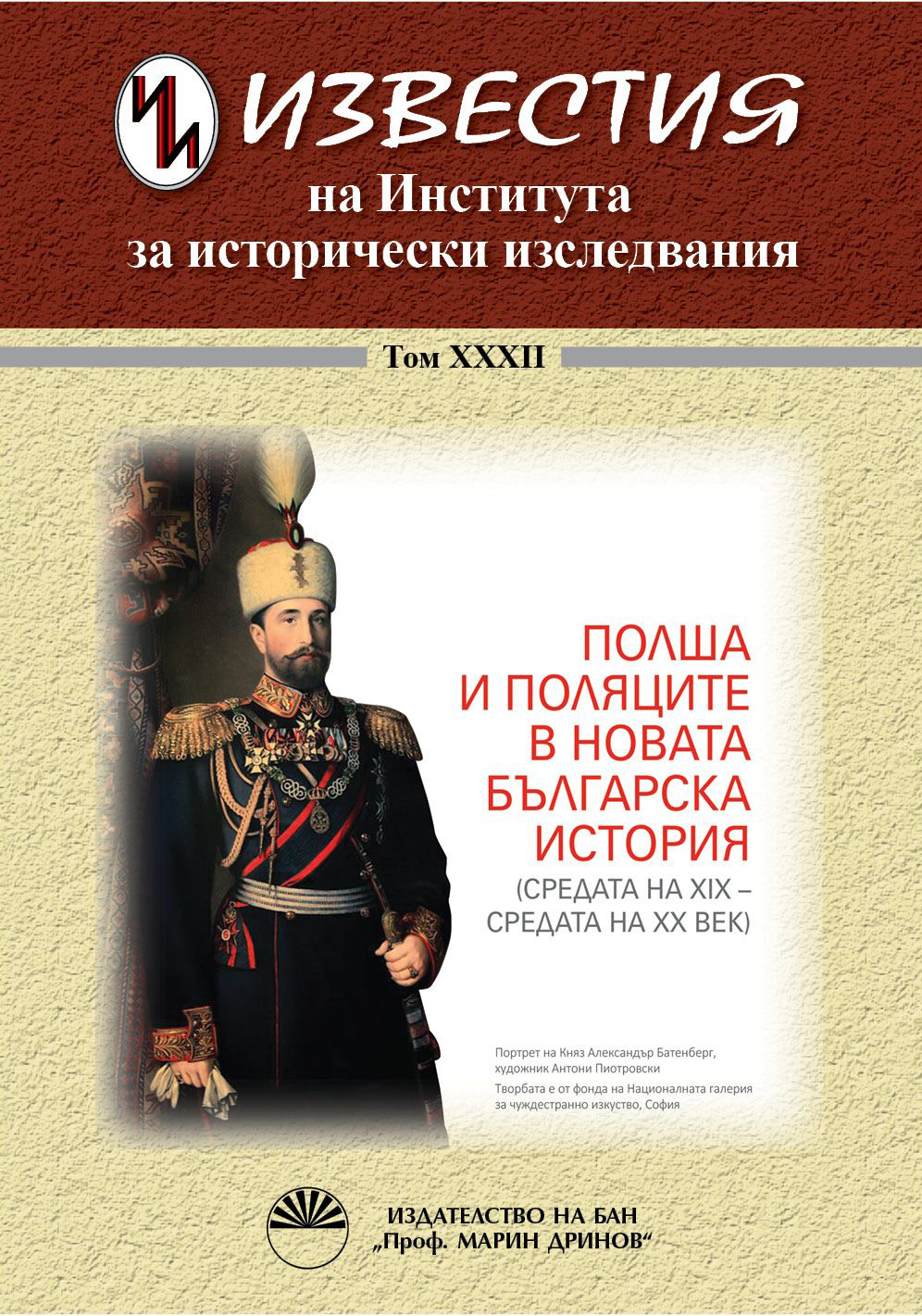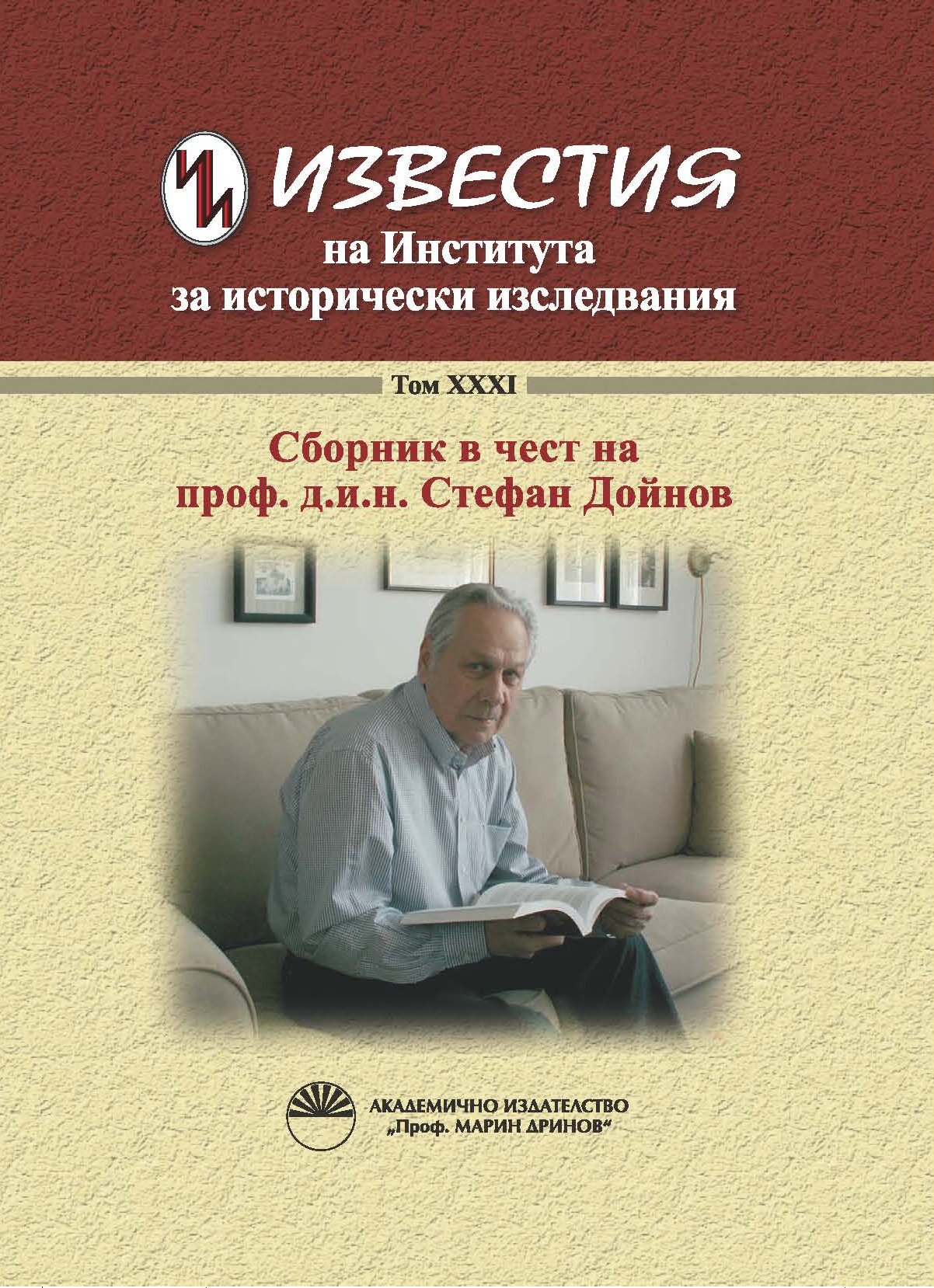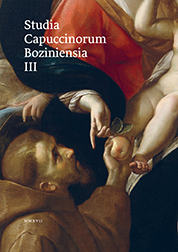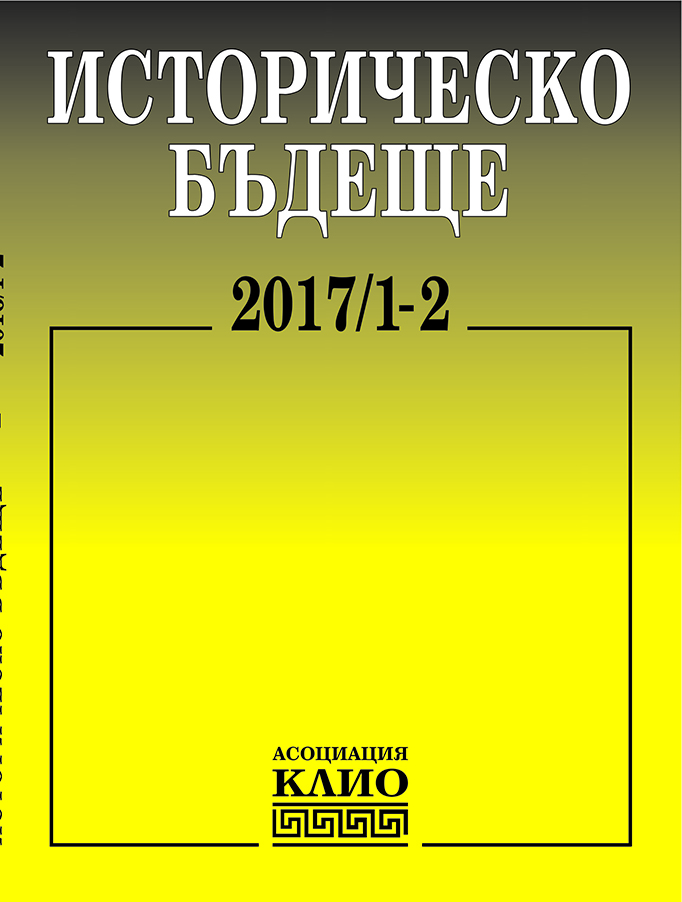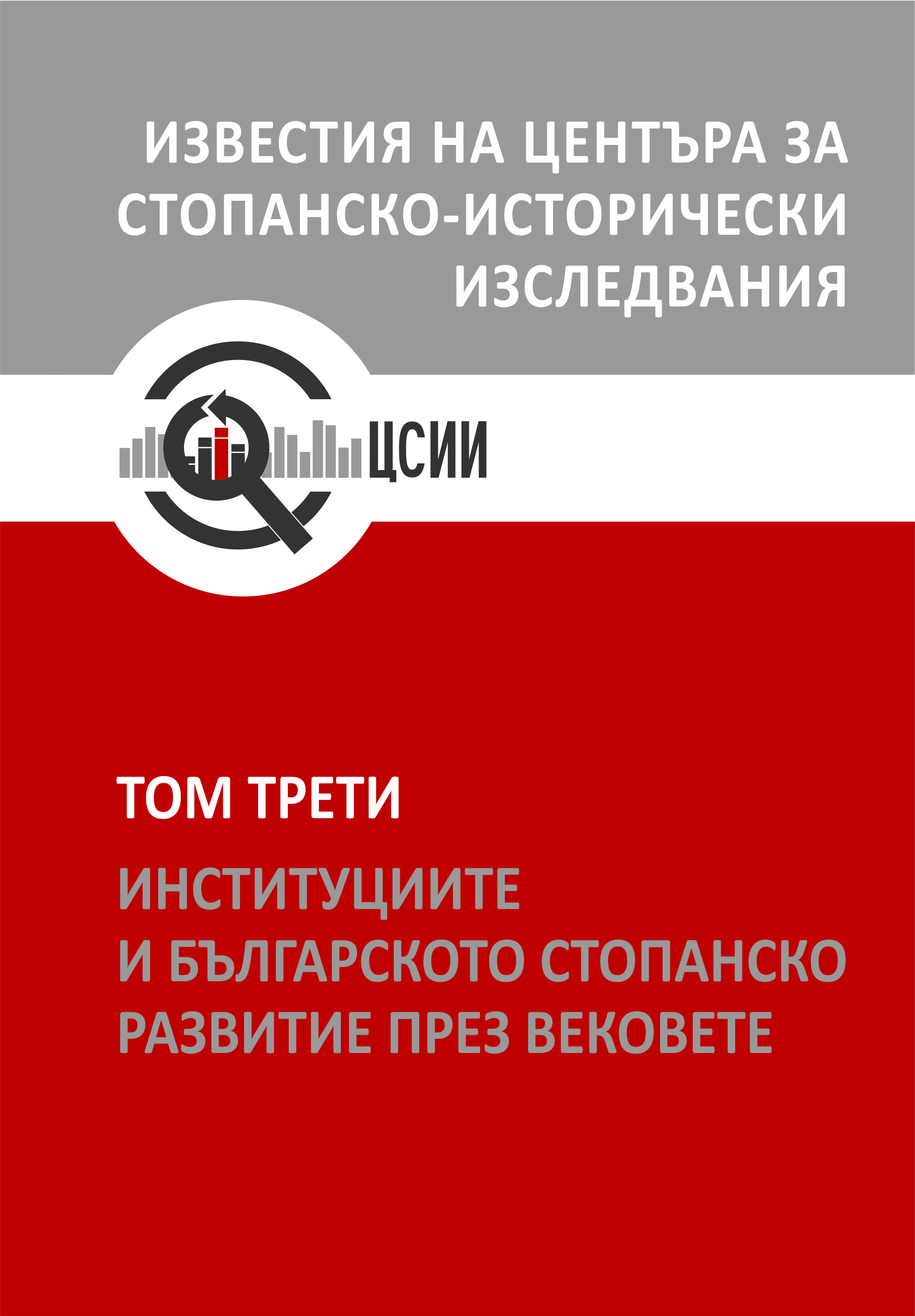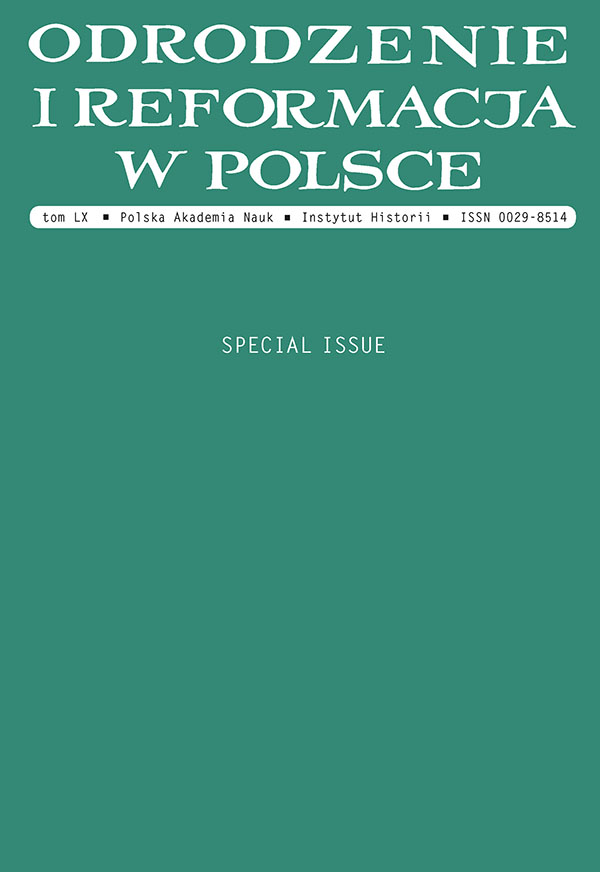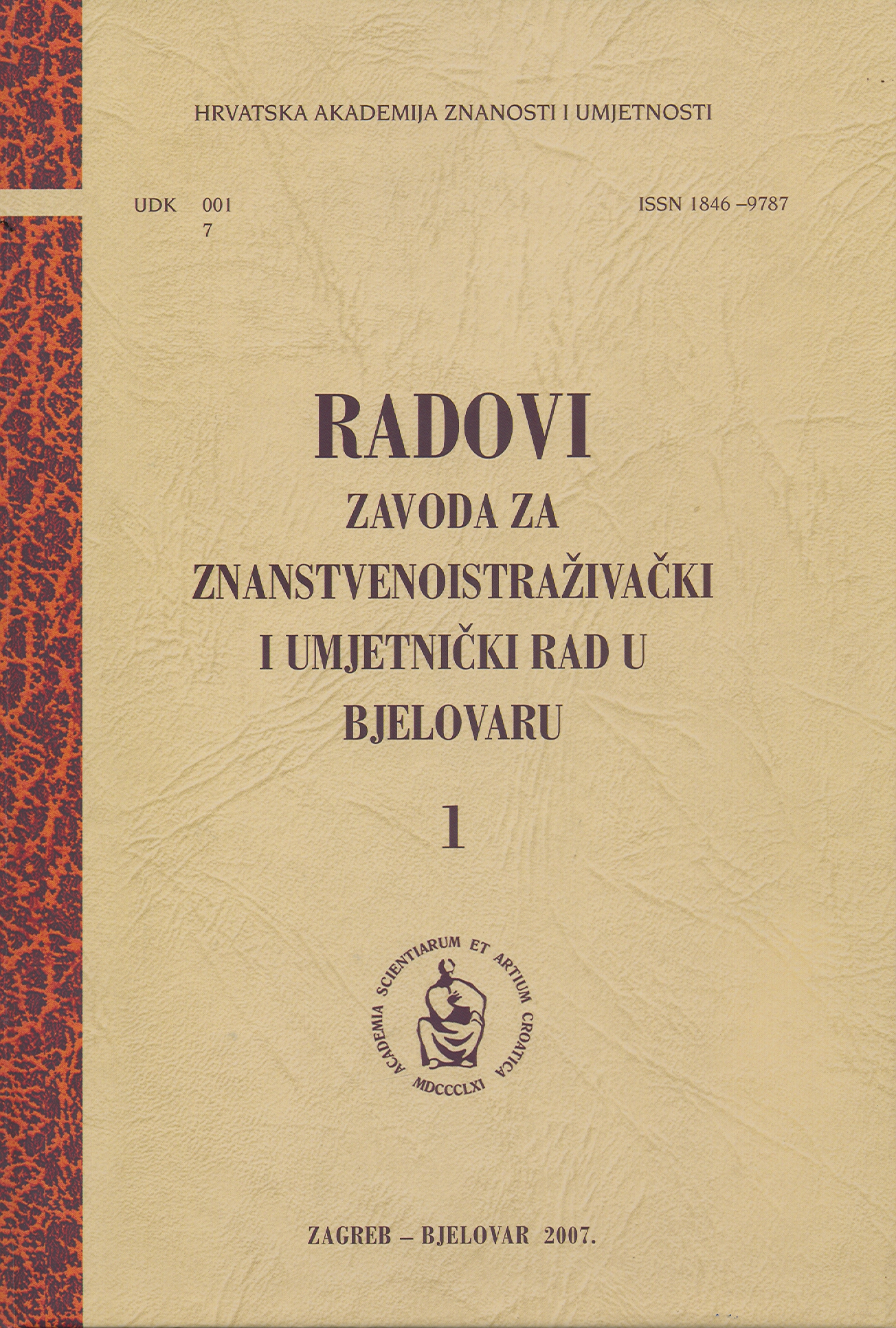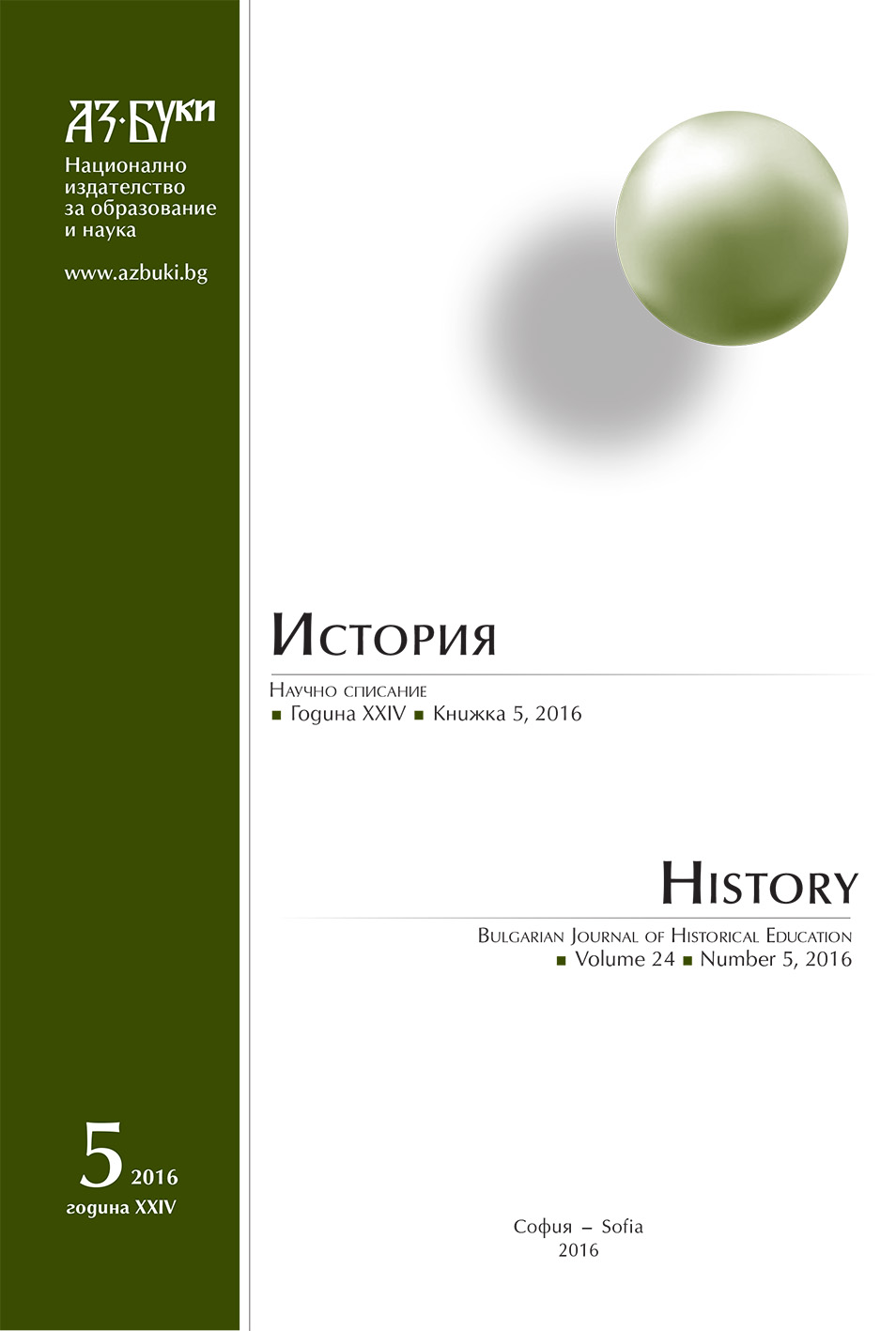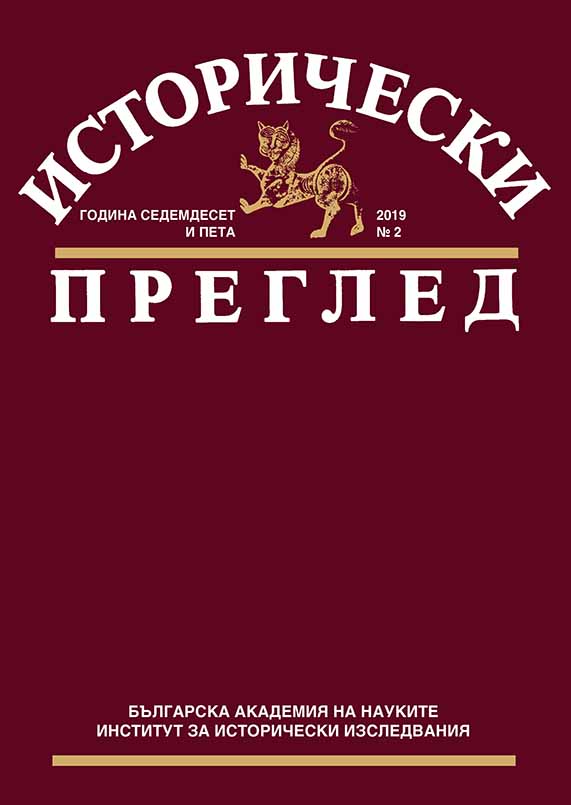Author(s): Inga Lisac / Language(s): Croatian
Issue: 1/2007
Alojzije Fleischer’s arrival to Bjelovar (1802 – 1873) as the organist of the catholic parish church in Bjelovar (beginning of the 19th century) meant his inclusion into the first activities of the cultural development of this small Croatian town in the eastern territory of the then Austro-Hungarian Monarchy. Fleischer’s life is characterised with long, devoted and studious musical activity in the surroundings new to him for its nationality, mentality, customs, and climate. His activity as a conductor of a choir society, music teacher, promoter of many folk, popular, patriotic songs at the beginning of the Croatian National Revival was written down, and many of these songs were written in musical notebooks. The loyalty to his new country A. Fleischer transferred to his oldest son Gustav Fleischer (Bjelovar 1857 – 1913), who had finished chemistry at the Polytechnic Academy in Graz. G. Fleischer noted in many ways the development of cultural life in Bjelovar. For twenty years he was a Principal of Bjelovar’s Grammar school and he contributed, among other things, to the expansion of the grammar school to higher classes and to baccalaureate. He distinguished himself as an excellent teacher and through many published works. He translated from German two chemistry student class books and wrote several shorter instructions on how to study better. He was among the first to stand for “mutual education of boys and girls”, which was at that time an avant-garde concept, and he followed this idea with many published discussions. His contribution to archaeology, practical pharmacy, painting, composition, music, and etc. is of great importance. He distinguished himself in organisational activities as an initiator, cofounder, and long time chief editor of the local newspapers Bjelovarsko-Križevački Weekly. He was the conductor of Bjelovar’s choir society Dvojnice, he participated in the establishment of the school and hospital library and he helped the education of deprived students. One of his three daughters, Ida (1882 – 1915), distinguished herself as an amateur painter. Ida had two children (her daughter Vlasta and son Raoul). The two Gustav’s grandchildren, engineer Raoul Sabljak (1910-1975), the expert for the construction of hydro-electric power plants and engineer Aleksandar Johanides (1911 – 1990), the expert in chemical industry, left Bjelovar early, and both of them had great success in their professions in Croatia and abroad. From the Fleischer-Sabljak family two daughters of R. Sabljak (great-granddaughters of G. Fleischer) lived outside of Croatia. The one and only descendant of the Fleischer-Sabljak family in Croatia (the daughter of Vlasta Sabljak-Lisac) is dr. sc. Inga Lisac, who lives in Zagreb. In Bjelovar there still exists the tomb of the Fleischer family in the main alley of the old St. Andrew cemetery.
More...
